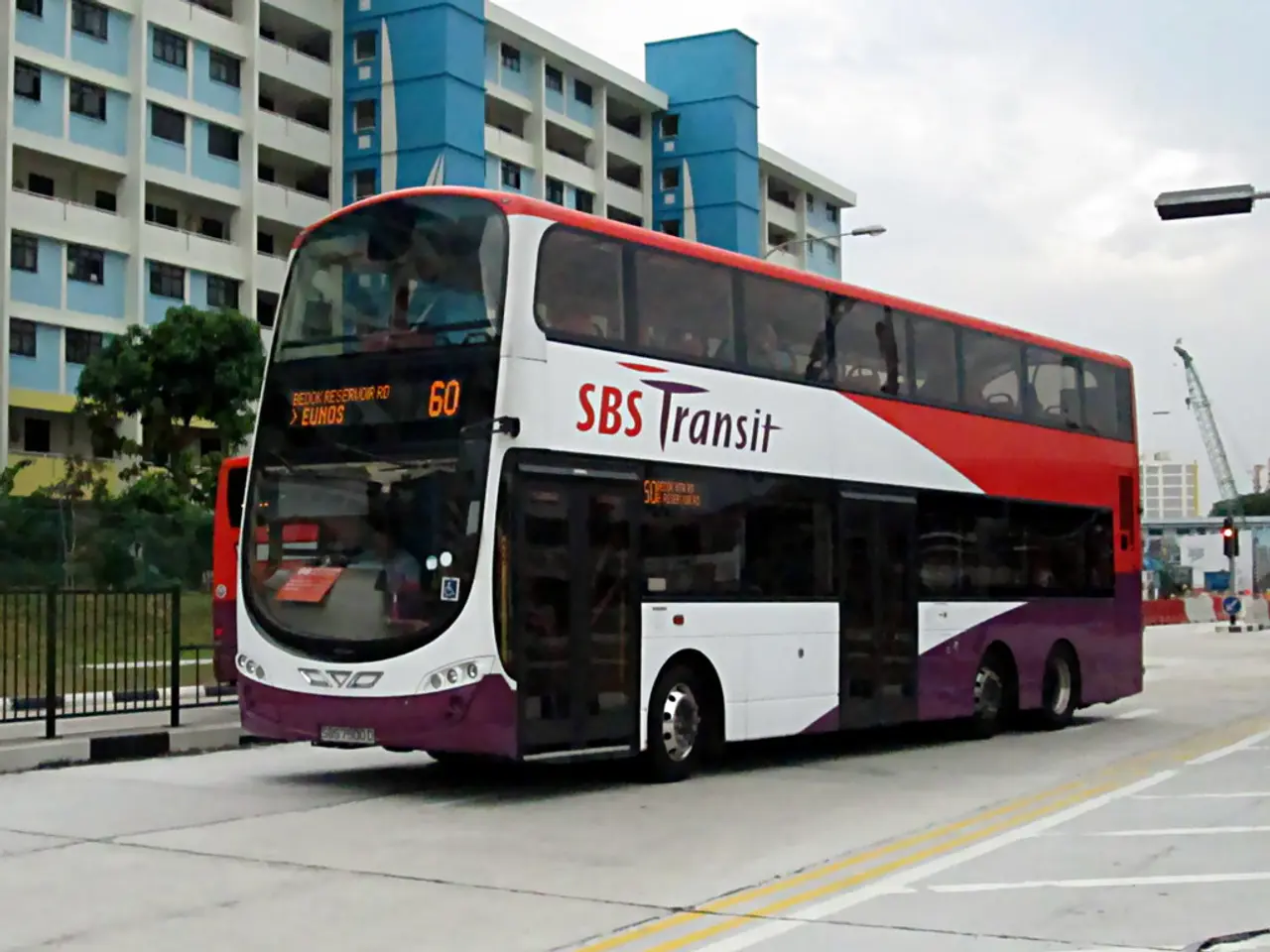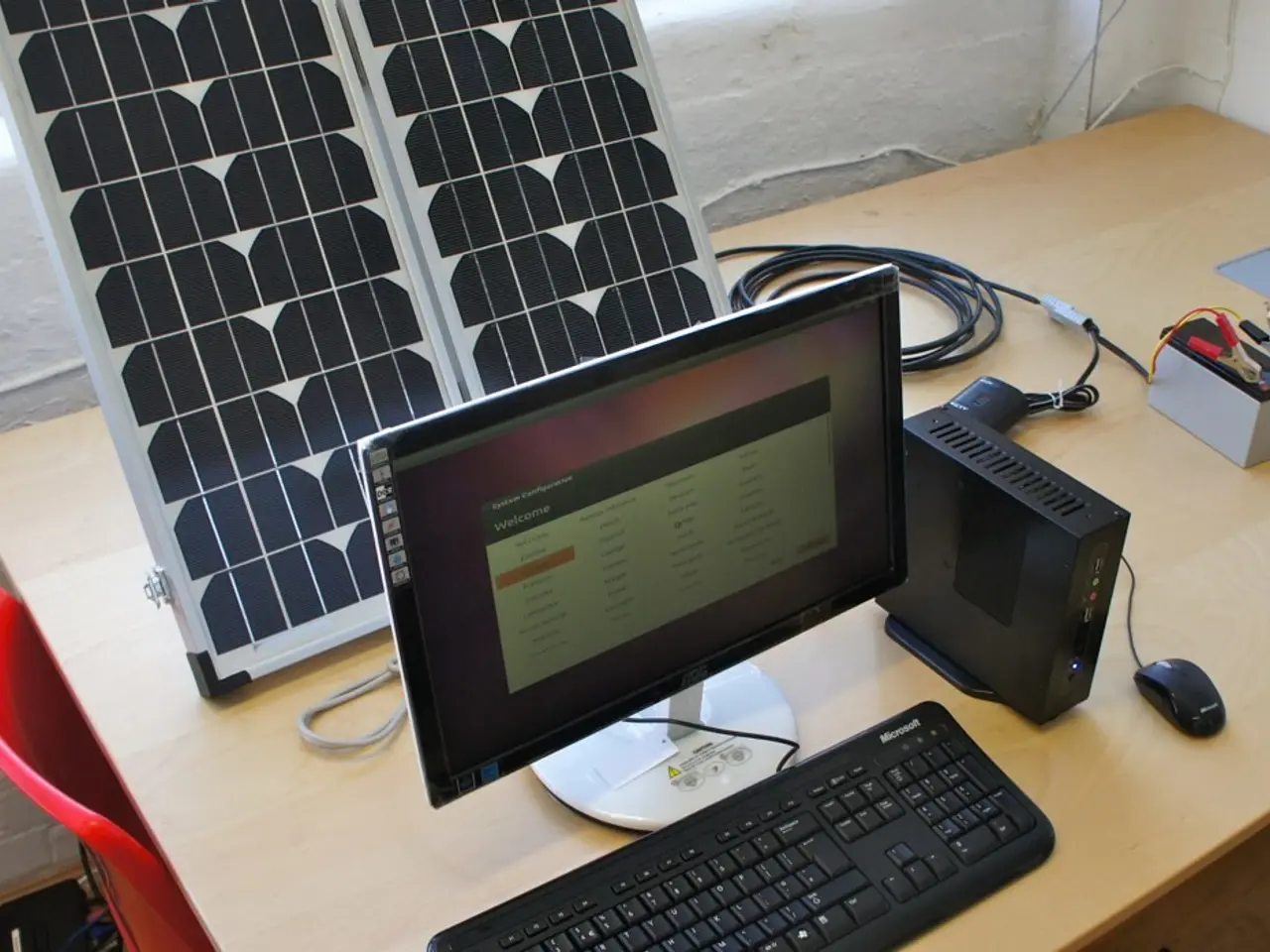- Energy system security leader issues alert over escalating digital assaults on power networks
Germany Braces for Increased Cyberattacks on Power Supply Infrastructure
Germany's top cyber defense agency has highlighted the escalating threat of cyberattacks targeting the country's power supply system. The president of the Federal Office for Information Security (BSI), Claudia Plattner, has warned that the growing decentralization and digitalization of power grids make these crucial infrastructures more susceptible to cyber threats.
Amid this increased vulnerability, Plattner underscored the importance of modernizing the power supply while enhancing cybersecurity measures. The digitization of power grids, she explained, improves efficiency but simultaneously raises security concerns. "We need this modernization, but we must protect it well," she emphasized.
The power infrastructure has become more fragmented as small power plants and wind farms are built across Germany. While these facilities contribute to the country's renewable energy target, they are often less secure against external attackers compared to larger power plant operators.
Plattner noted that the power grid in Germany is currently considered stable. However, the recent major power outage on the Iberian Peninsula served as a stark reminder of the potential consequences of a successful cyberattack on power grids.
Cyber threats targeting critical infrastructure, including energy, have intensified since the start of Russia's war against Ukraine. According to Plattner, Russia poses the most immediate and urgent cyber threat to Germany, alongside other nations like China, North Korea, and Iran.
To mitigate these risks, Plattner stressed the need for Germany to invest more in IT security. She advocated tailoring cybersecurity measures to smaller, distributed power installations, incorporating advanced cyber defense technologies, and continuously monitoring and improving security protocols.
Strengthening cooperation between government agencies and private operators is also crucial to ensure comprehensive security coverage of all infrastructure components. Given the geopolitical context, Plattner called for preparedness for hybrid threats combining physical sabotage and cyberattacks.
In conclusion, decentralization and digitalization in Germany's electricity supply sector present new cybersecurity challenges. Plattner and the BSI have called for heightened awareness, significant security investments, and robust national coordination to defend against increasingly sophisticated cyber threats, particularly those linked to geopolitical tensions with Russia and other adversarial states.
- As EC countries consider the digitalization of their power grids to achieve employment in the technology sector, it is essential to invest in cybersecurity to guard against threats such as those posed by Russia, China, North Korea, and Iran.
- The recent increase in finance required for cybersecurity measures in the energy industry can provide employment opportunities, given the growing demand for experts in cybersecurity policy.
- As Germany faces increased cyberattacks on power supply infrastructure and other EC countries follow its lead in digitalizing power grids, the employment policy in areas like industry, energy, and cybersecurity will be instrumental in shaping the country's response and resilience to these threats.




